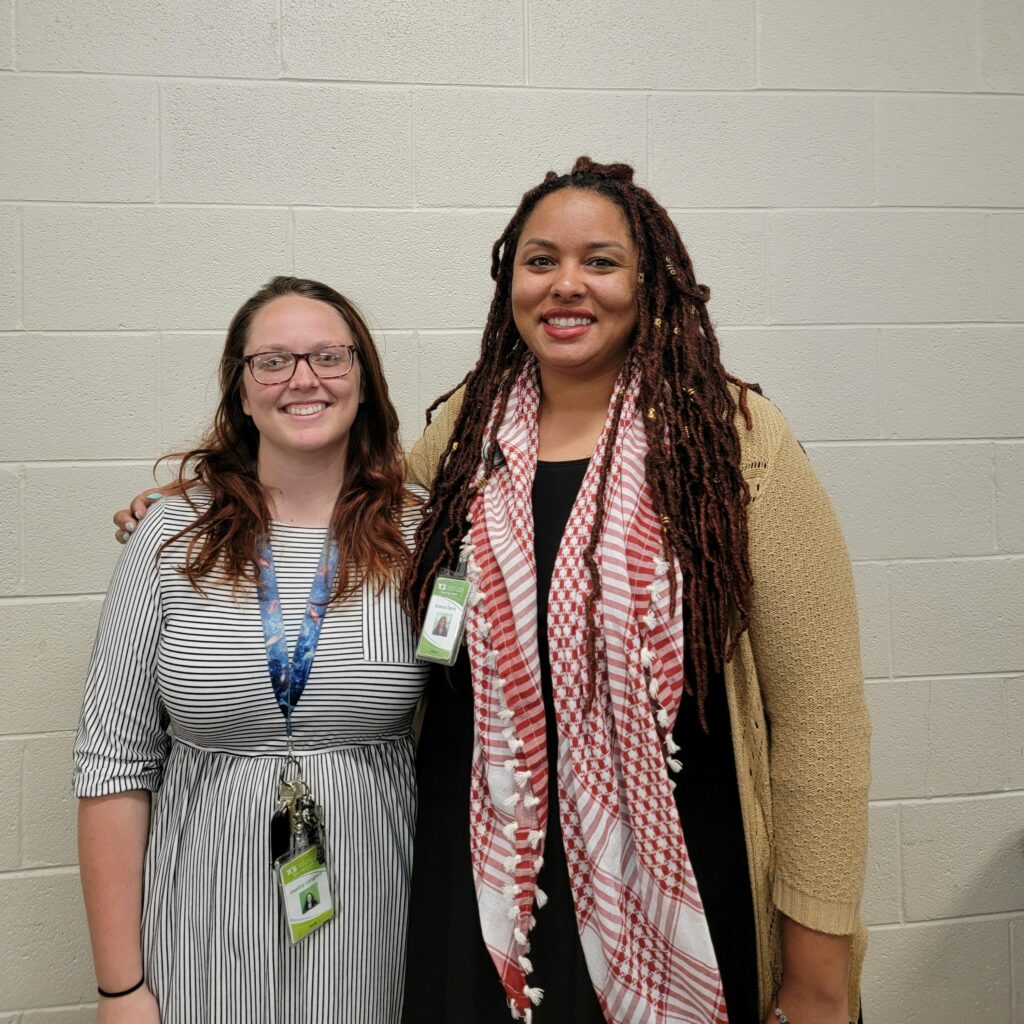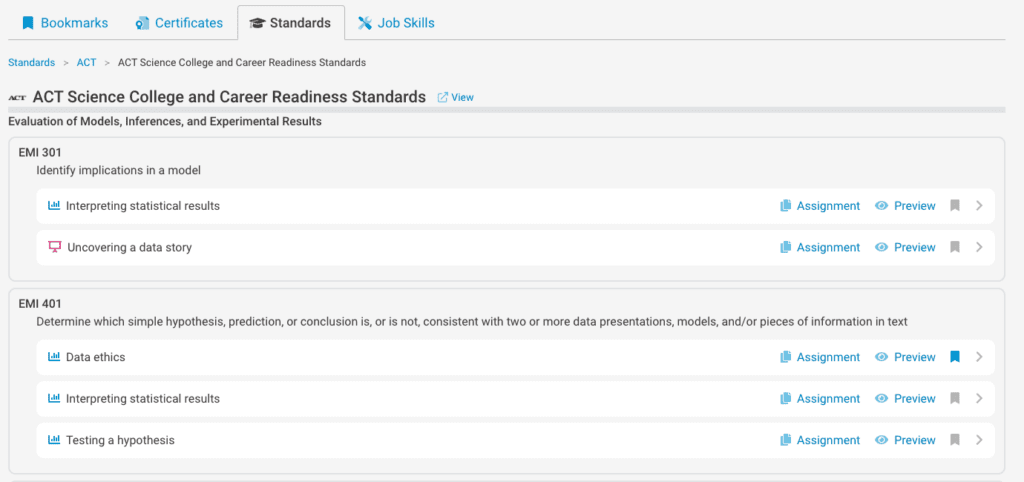Preparing Students for State Assessments and the Workforce Through Data Literacy

In the ever-evolving landscape of education, preparing students for the demands of the workforce is a crucial endeavor. Among the myriad of skills necessary for success in the modern job market, data literacy stands out as particularly vital.
In a recent interview, two champion teachers, Destiny Langford and Brianna Davis from Paul W. Bryant High School in Tuscaloosa City, shared their experiences and insights on how they are equipping their students with essential data literacy skills through the innovative platform, QuantHub.
Discovering QuantHub
Langford’s journey with QuantHub began as a beta tester, offering a unique perspective on its potential applications in the classroom. “I felt like it was going to be super helpful for my class and it was teaching a lot of critical things my students need to know,” Langford shared
Brianna Davis, initially skeptical, recalls, “I was hesitant at first, fearing it would add to my workload. However, after exploring the platform and attending a webinar, I realized its potential, especially for our Science Intervention class focused on ACT prep.”
Benefits for Teachers and Students
The benefits of QuantHub are manifold, according to Langford and Davis. For Davis, the platform’s ease of use stands out. “It’s student-friendly, allowing independent learning during small group sessions or when I’m away. It fosters critical thinking and boosts reading comprehension.” Langford highlights its time-saving aspect, “It streamlines lesson planning, particularly in areas like data analysis, where existing curricula fall short. It’s also self-paced, catering to diverse student needs and interests.”
For students, QuantHub serves as a springboard for enhancing data literacy—a skill set increasingly in demand across various industries. Moreover, the platform provides opportunities for certification, bolstering students’ resumes and preparing them for future career endeavors.
Support and Implementation
The support provided by QuantHub’s team has been instrumental in ensuring smooth integration into the classroom. Langford and Davis praised the responsiveness of the support team, particularly in addressing technical issues promptly. Their experience with QuantHub stands in stark contrast to other vendors, characterized by personalized communication and proactive problem-solving.
The Importance of Data Literacy
Both teachers underscored the importance of data literacy in today’s workforce. Davis emphasized its role in fostering critical thinking, enabling individuals to navigate complex information effectively. Langford echoed this sentiment, emphasizing the need to prepare students for jobs that may not even exist yet, emphasizing the role of data literacy in shaping future career pathways.
Overcoming Resistance
Despite the evident benefits of QuantHub, Langford and Davis acknowledged the resistance to change among some educators. They attributed this reluctance to a fear of technology, complacency, and a resistance to embrace new methodologies. However, they remain optimistic that once educators experience the program’s benefits firsthand, widespread adoption will follow.
Preparing for Standardized Tests
QuantHub’s alignment with standardized tests such as the ACT and WorkKeys is another notable feature highlighted by Langford and Davis. By targeting specific skills assessed in these exams, QuantHub provides students with a comprehensive preparation tool, bridging gaps in their understanding and ensuring readiness for academic and career assessments.

Looking Ahead: Dream Projects with QuantHub
In envisioning future projects, Langford and Davis shared their aspirations for leveraging QuantHub’s capabilities further; they share a commitment to innovative pedagogy and student-centered learning. Langford envisions integrating board game design into AP Computer Science classes, a project made feasible with QuantHub’s gradual adoption. Davis proposes student-led creation of ACT-like questions to demystify standardized tests.
In conclusion, Langford and Davis exemplify the transformative power of data literacy education facilitated by QuantHub. By equipping students with essential skills for the workforce of tomorrow, they are shaping the next generation of informed, empowered individuals ready to tackle the challenges of an increasingly data-driven world.